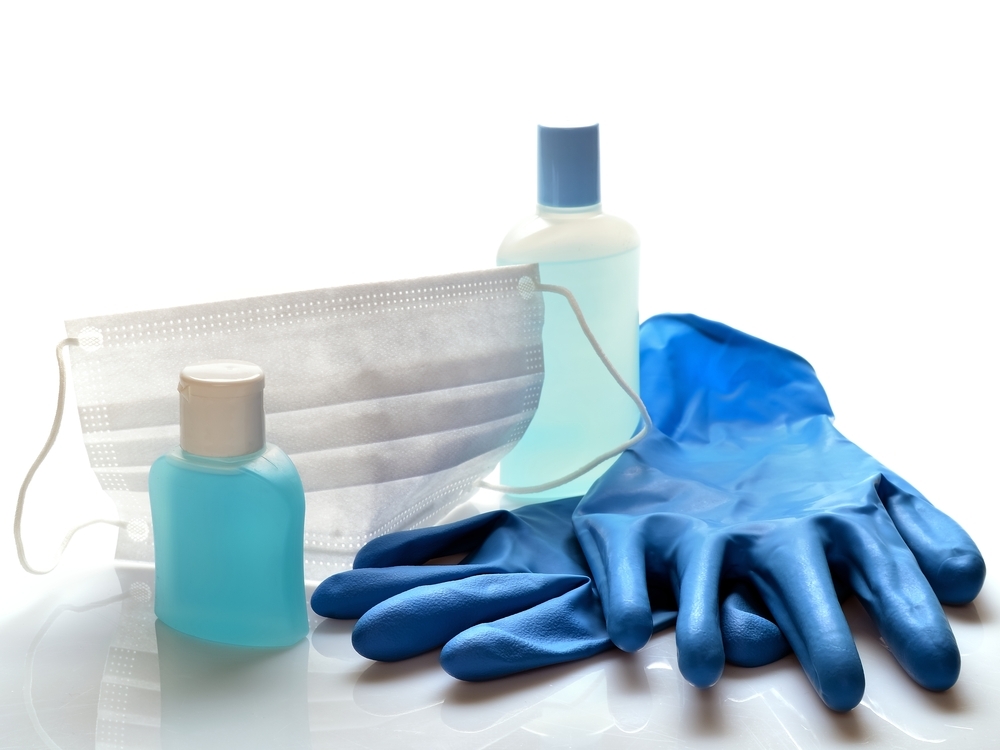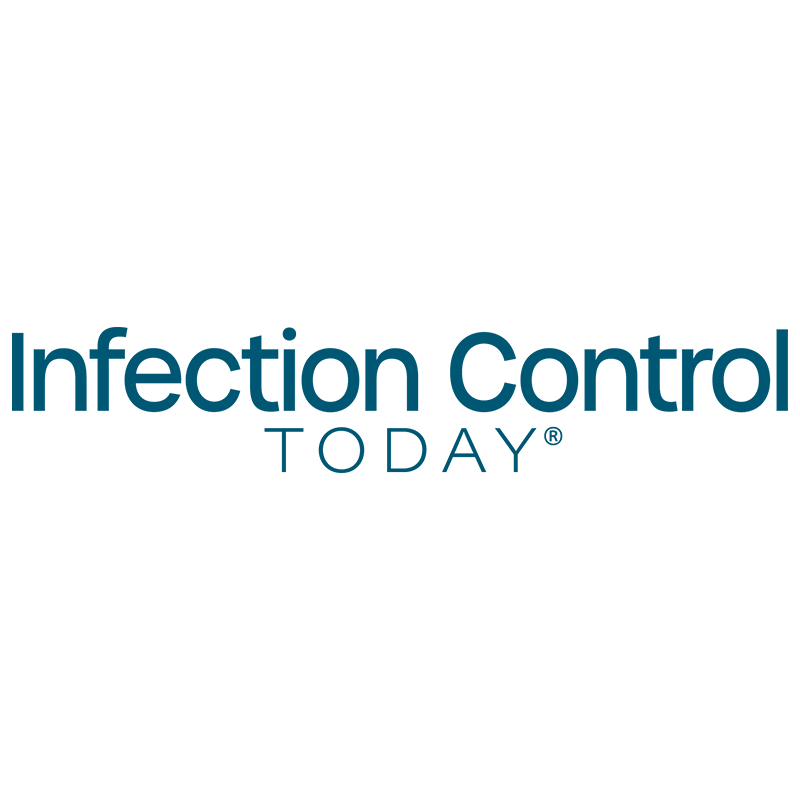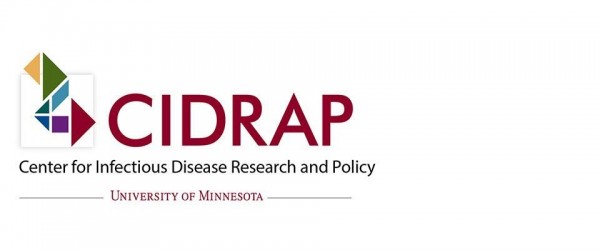 Sterilization & Disinfection
Sterilization & Disinfection
Ice machines spread Legionella in hospital oncology unit, prompting testing overhaul

Editor's Note Legionalla contaminated a hospital ice machine and likely infected an oncology patient through aspirated ice chips, according to an April 30 report in Healio. Presented in a study at The Society for Healthcare Epidemiology of America (SHEA), the incident prompted immediate changes to water testing protocols at AdventHealth,…
Dissolution of CDC infection control panel raises concern over stagnant guidelines

Editor's Note The Trump administration has dismantled the federal committee responsible for shaping national infection prevention standards in hospitals, sparking concern among healthcare experts over future preparedness, NBC News reported May 6. According to the article, the Centers for Disease Control and Prevention (CDC) informed members of the Healthcare Infection…
Certification options abound for infection preventionists

Patient safety and regulatory compliance demand thoroughly vetting those tasked with preventing healthcare-associated infections. But which certification is the right fit? Those who are new to infection control have a wide range of options for verifying their newly acquired expertise. More seasoned infection preventionists (IPs) also have a number of…
Kentucky Derby, SPD race: Leadership lessons energized SPD professionals at HSPA 2025

Editor's Note A session at the 2025 Healthcare Sterile Processing Association (HSPA) Annual Conference used a striking analogy, comparing the Kentucky Derby to the daily operations of a sterile processing department (SPD) to energize professionals and reframe persistent challenges in the field, Infection Control Today April 27 reports. The article…
How dialogue, data bridge the OR-SPD information gap

In the OR, precision and focus can mean the difference between life and death. However, surgical patient outcomes hinge on more than the competence of those working in these inherently intense environments. Every procedure also depends on the laborious, behind-the-scenes efforts of the people responsible for ensuring every surgical instrument…
OR traffic, workflow disruptions drive infection risk

Editor's Note Unnecessary traffic, workflow interruptions, and lapses in protocol in the OR increase the risk of surgical site infections (SSIs), according to an April 23 article in Infection Control Today. While sterile technique, antibiotic use, and instrument cleanliness remain front-line defenses against infection, authors Katharine J. Hoffman, MPH, CIC, and…
Borescope inspections reveal widespread contamination in lumened surgical instruments

Editor's Note Conventional cleaning protocols fail to remove visible soil and debris from lumened surgical instruments, raising urgent concerns about patient safety and sterilization efficacy. That’s the central finding of a study published February 11 in The American Journal of Infection Control, which used borescopes to inspect the lumens of…
Bye-bye, SSI: Nurse-led decolonization protocol pays off

Imagine completely eliminating surgical site infections (SSIs) without significantly disrupting perioperative workflows. At Magic Valley Regional Medical Center (MVMC), a mid-sized community hospital in Twin Falls, Idaho, a nurse-led pilot project accomplished just that for breast and colorectal surgeries. As for other procedures, overall infection rates are down by nearly…
Literature review: Endoscope disinfection failures highlight need for stronger sterilization practices

Editor's Note High-level disinfection (HLD) fails to reliably eliminate harmful microbes from flexible endoscopes in real-world healthcare settings, according to a review of endoscope processing effectiveness published April 8 in the American Journal of Infection Control. The review highlights routine breaches in cleaning protocols and links contaminated endoscopes to numerous…
Study: CMS sepsis care protocol shows no clear mortality benefit

Editor's Note A systematic review found no strong evidence that compliance with the CMS Severe Sepsis and Septic Shock Management Bundle (SEP-1) reduces mortality, raising questions about its inclusion in hospital performance measures, according to a February 19 report from the University of Minnesota’s Center for Infectious Disease Research and…

 Free Daily News
Free Daily News